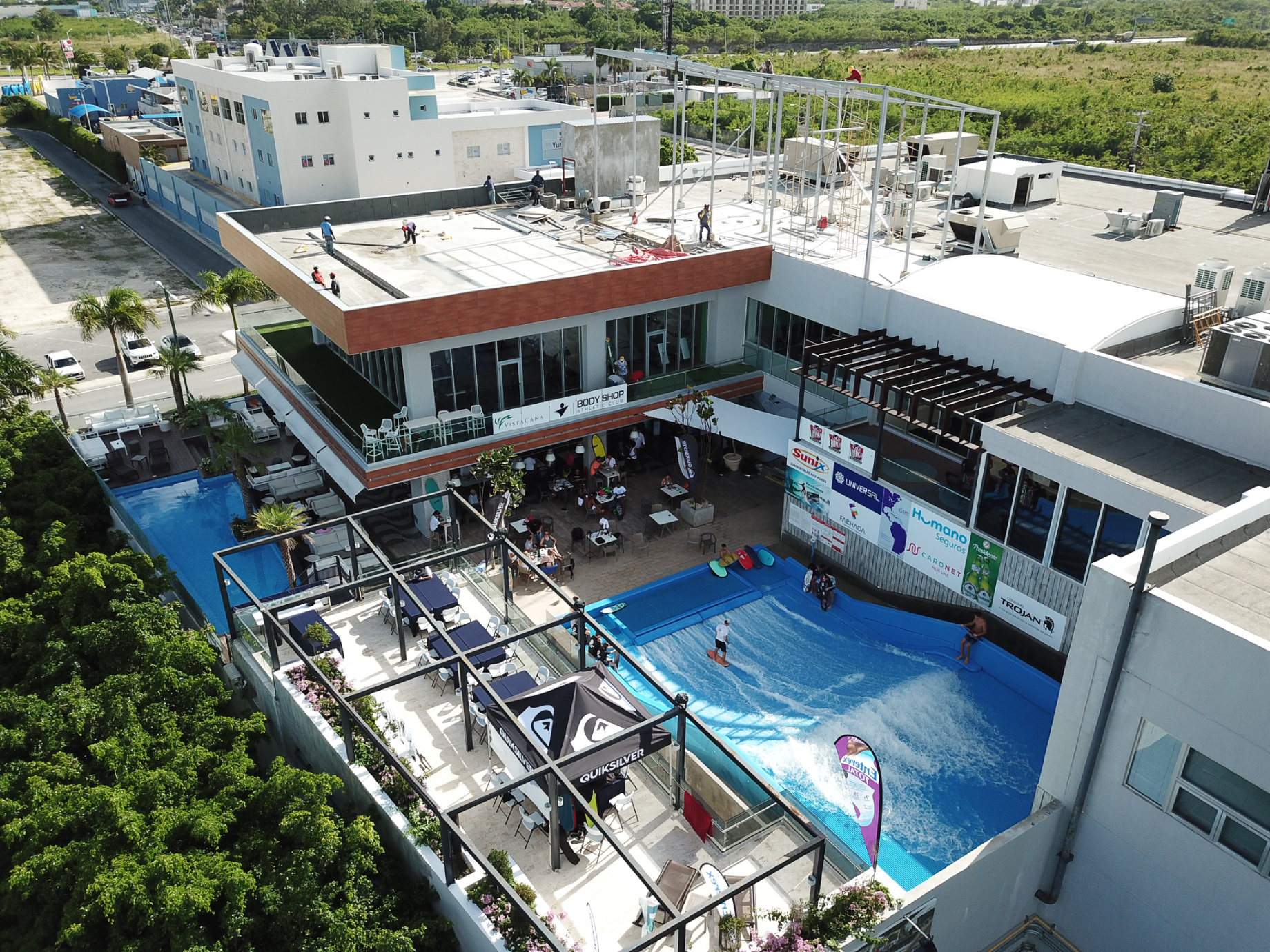A wave of opportunity
In Yongin, South Korea, one can walk through a mall that looks like any other in the world: Similar stores, same feel. But surfing? In a mall? Even when it is freezing outside, the surf's up here, at surfing venue Flow House — for indoors, outdoors, or a combination of both.

Retail developer Lotte Corp. was seeking something to differentiate it from others. Its answer: the indoor FlowRider. The concept, though trendy and creative, is hardly a one-off. Given its roughly 35 stand-alone venues around the world — in places as disparate as Kuwait, United Arab Emirates; Montréal; Phuket, Thailand; and the U.S. state of Utah — it seems that many retail developers are catching this wave of the future.
It is no secret that the face of retail is moving away from typical cookie-cutter retail stores and investing more in entertainment. There is also no doubt that the likes of Amazon.com and other online retailers have boosted their profiles good and high. The traditional, archetypal business model of securing a few anchor tenants and then filling in the blanks with retail is undergoing a revolution. We are seeing more food, more entertainment and more experiences — and now even surfing. Thus, FlowRider rides the wave.
The business model here is simple, typically consisting of five revenue generators: food, drinks, retail, events and, at the center of it all, the FlowRider. Not only does the FlowRider provide the entertainment that drives the other elements, but it is a revenue generator in and of itself. Think of a massive fountain, but one that actually makes money. At the end of the day people come to watch, then they eat, and then some of them eventually ride. Perhaps they forgot their board shorts, and so they buy a pair. They may decide to have a birthday party, a bachelor party, or a corporate event here. The elements feed one another and maximize revenues.
A FlowRider stand-alone venue can measure anywhere from 8,000 square feet to 15,000 square feet, and the higher the ceiling the better, say, 20 feet or so. The most popular ride is the FlowRider Double, which takes up about 2,000 square feet. The remaining space can be filled with dining areas, bars, retailers, changing rooms and more. If the development is in a climate that is warm year-round, an outdoor FlowRider is best, naturally. In other climates an indoor venue, though more expensive to build, can generate revenues all year.
The FlowRider gives developers the chance to put a project on the map. As creative developers increasingly take the leap and invest in entertainment, nothing could be more entertaining than to have visitors surfing a perfect, endless wave.